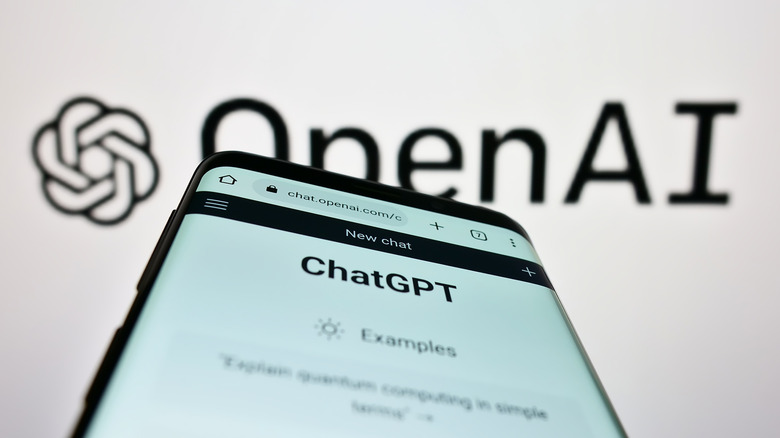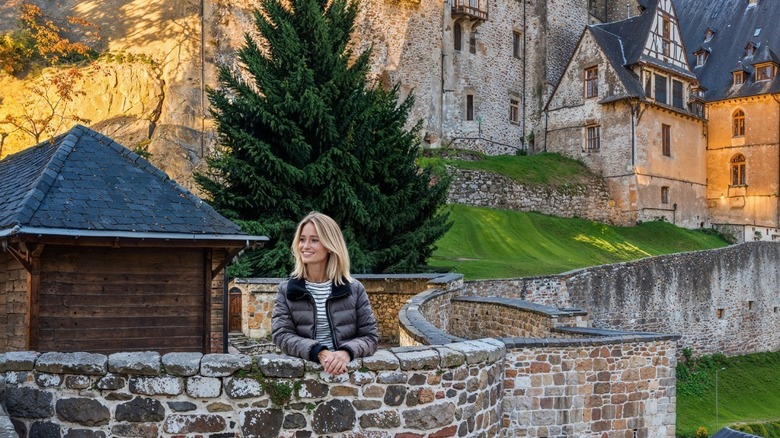The Bizarre And Dystopian Measures Germany Is Taking To Entice Tourists
With artificial intelligence evolving at an incalculable rate, we have begun to see a new landscape evolve, one in which machine-generated content begins to dominate the online sphere. This can be seen in almost every industry, including the tourism industry. A story emerging from Germany details how the German National Tourism Board (GNTB) has begun using AI to promote tourism through some questionably dystopian methods.
The GNTB has generated an AI travel planning bot, or influencer, called Emma, that allows users to interact and receive tips and travel information through a chat function. Emma has her own AI-generated "personality," and her appearance is that of a 30-something-year-old, white Berlin resident whose function is to emulate life and experiences in Germany. Emma could quite convincingly pass as a real person, prompting questions about authenticity in the marketing and advertising industries and sparking a discussion about the road technology is leading us down.
AI in the travel industry
The GNTB isn't the only tourism body using AI for PR purposes, with companies such as Booking.com and TripAdvisor implementing similar chatbots in their marketing. Like many other companies, the GNBT has used AI for a number of years, but this new manifestation, Emma, is the closest it has come to the uncanny valley so far. Emma has her own website, social media pages (@emmatravelsgermany), and even a personal backstory, stating on her Instagram "I grew up in a small suburb outside Berlin and even studied abroad for a while, but I always felt drawn back to my beloved Berlin." Though Emma explicitly and repeatedly reiterates that she is an AI-generated character, that doesn't prevent her from projecting a very human-like appearance and online presence.
When tourism and leisure is so much about real lived experiences, with peer user reviews helping to inform our decisions about establishments and businesses, AI systems have made skeptics question the companies using them. Can AI plan a vacation with useful information about culture, cuisine, and nature when it is unable to experience these things as humans do?
How Germany is using AI for tourism
So, with AI filling the space of travel bloggers and influencers, is the future of the travel industry in the hands of machines? According to the CEO of the GNBT, Petra Hedorfer, Emma is not meant to replace the role of traditional influencers or travel critics, but rather "optimize the customer journey of travelers in a service-oriented way." But does using 100% artificially generated content, imagery, and even further than that, 'opinions,' create a false reality, and is this so-called advancement actually the optimization of false advertising?
With the rise of fake news and internet regulations failing to match the pace of technological evolution, it is difficult to imagine the future we are heading toward. Can AI reimagine a better world for us, customizing experiences to cater to each individual's needs and preferences? With some of the world's largest travel companies, such as Expedia, leading the way in this new terrain, will AI assistants and itineraries make our lives as travelers more streamlined? Some worry that putting too much faith in AI-generated information may make people more prone to falling victim to AI scams as truth becomes more difficult to decipher. With all this in mind, it's just good to remember that although AI may be useful, sometimes the human touch is what gives things their unique selling point.


